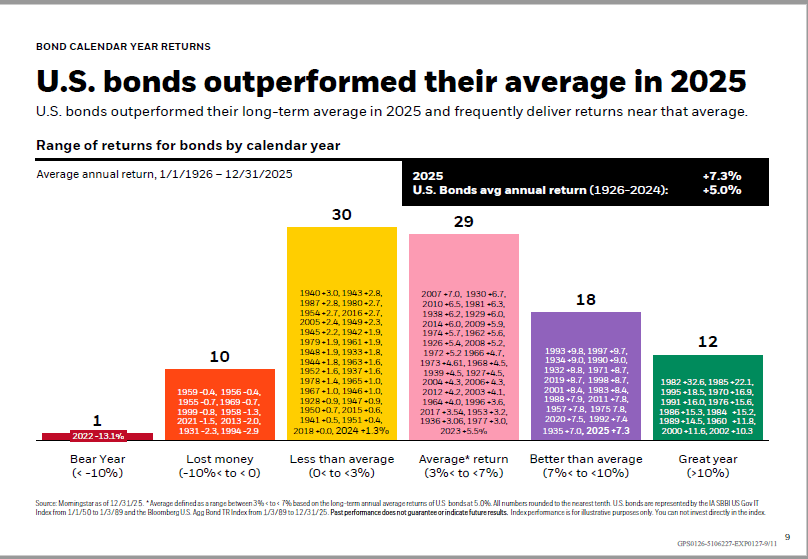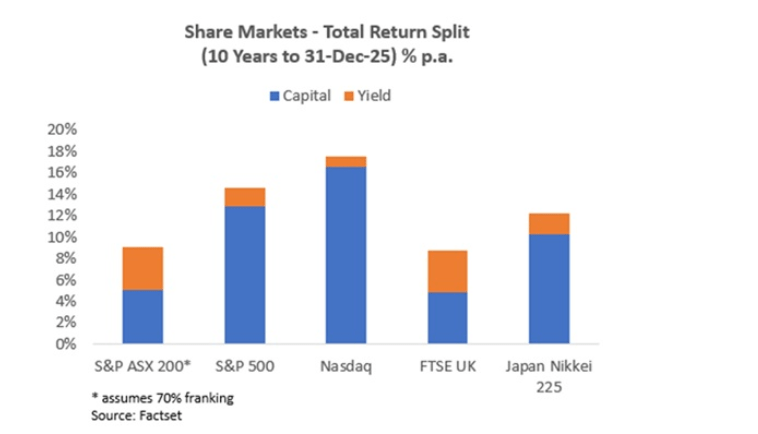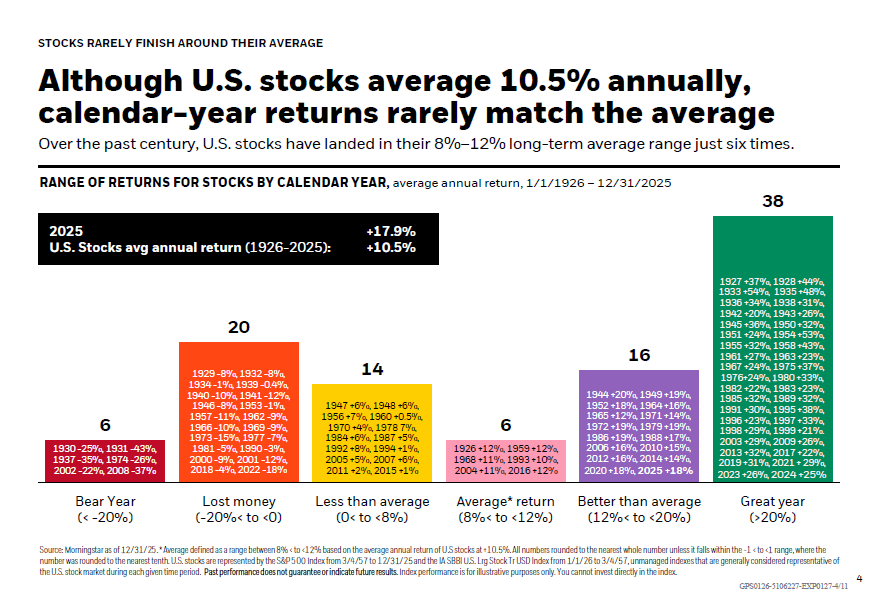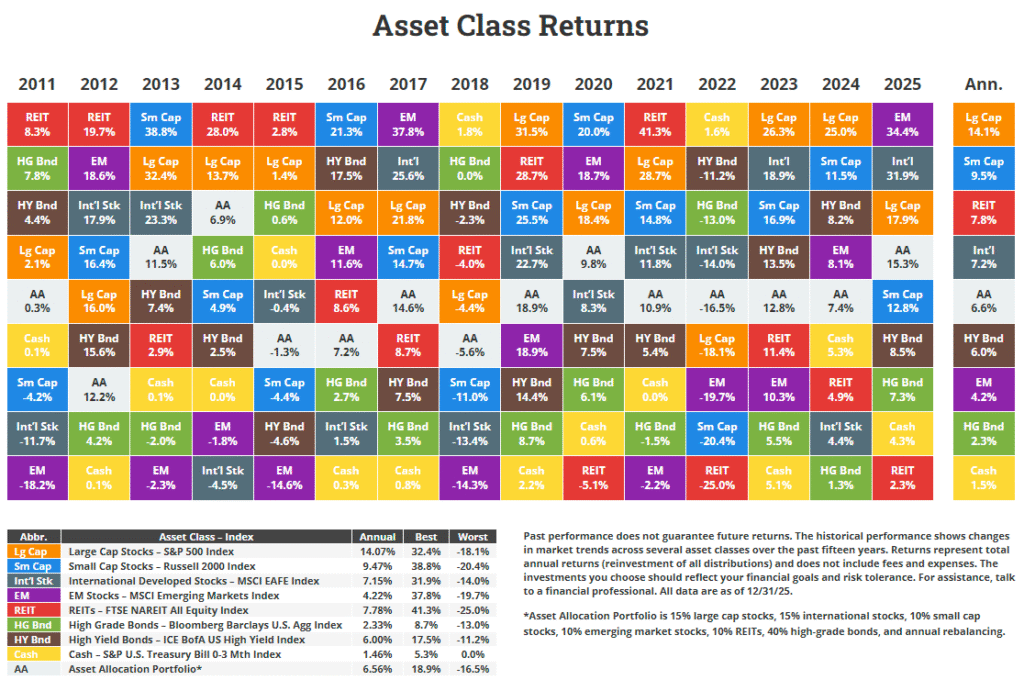Earlier this month Ben Carlson, Director of institutional asset management at Ritholtz Wealth Management and author of the popular A Wealth of Common Sense blog wrote an article in Bloomberg discussing stock Buybacks and Dividends. The gist of the article is that investors can expect to earn a higher rate of return in the stock market since they have to consider both buybacks and dividends. Using plenty of data he argues that “buyback yield” should also be a factor in calculating total returns. Furthermore, he boldly states that dividends and buybacks are the same. Many investors including myself would agree that this is not true. From the article:
Investors have a strong attachment to dividends because that income in the form of cash flow can feel comforting when it shows up on a regular basis. But from a total return perspective, investors should be indifferent to the capital allocation decision between dividends and share buybacks. In the grand scheme of things, buybacks and dividends are basically identical to the end investor. With dividends, investors are receiving their share of earnings from the company. With buybacks, they are also receiving their share of earnings from the company but it’s just coming from an increase in earnings per share.
Investors can create their own dividends by simply selling shares in stocks that have increased in value from higher earnings results.
Source: Shareholder Yields Are Higher Than You Think, Bloomberg, May 4, 2017
Thousands of articles have been written about the differences between buybacks and dividends and why they are not the same. Any investor can simply google such articles. However from my point of view there are a few reasons why it is wrong to equate buybacks to dividends:
- Dividends are cash received by an investor while buybacks are not. In order to earn some return in the form cash, an investor has to sell stock.
- Dividends are a steady income stream that investors such as retirees can depend on. However buybacks are not. Though dividends can be suspended or cancelled or reduced for any reason established high-quality firms rarely do that.
- Buybacks can be considered as “pie in the sky” while dividends are cash in an investor’s pocket. Though buybacks can boost a share price there is no guarantee that it can fall when a large investor unloads a position or for any reason. It is entirely possible that an investor can end up a loser if they earn a tiny dividend and see stock price soar to astronomical levels and then crash before they had time to decide and sell.
- Dividends cannot be manipulated by a company’s management while buybacks can be. It does not take a genius to figure out that companies have hoards of lawyers, accountants, consultants and other minions to manage the buyback in order to meet a desired outcome by a certain period such as a quarter.
- Buybacks are a form of control that management wields on a company’s earnings while dividends paid out makes an individual investor decide how to use that cash. Again not all managements are competent to manage a cash pile. In fact many are not. Companies are notorious to buy back own stock at high price levels and not at lower levels.
- Paying out dividends to investors empower an investor to make best use of that cash. By withholding earnings, management simply implies that the are not the best stewards of that cash and know how to spend those funds.
- Buybacks are not guaranteed.For example, a company can announce a huge buyback plan over the next 5 years and not implement that plan for any reason or buyback a tiny number of shares as opposed to the original billion dollar buyback announcement. This is perfectly legal and there is no law on the books for investors to hold the company accountable. Dividends on the other hand are final and real. Once paid out the cash is out of the reach of a firm’s management to play with.
- By buying back its own stock a company indirectly signals that its managers have no ideas or plans to invest and grow a company. In such scenarios buybacks implies failure on the part of management and so investors should vote to replace it with a new one who can think. An investor does not want a high-tech innovative world-class silicon valley IT company to have a stock trading department full of traders buying and/or selling own stock all day long.
In summary, investors should never consider buybacks and dividends as the same. Doing so, would only lead to unnecessary risks or damaged portfolios.



